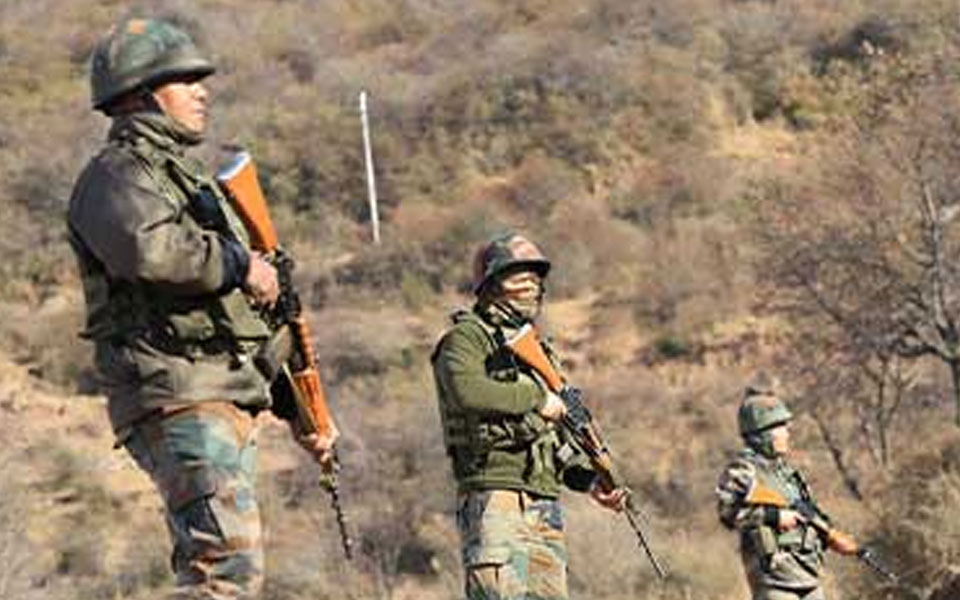Bengaluru, Apr 22 (PTI): The Bureau of Indian Standards (BIS) on Wednesday announced that during a search and seizure operation at the largest warehouse in South India, operated by Instakart Services Private Limited (trading under the name Flipkart), it was found that the firm was allegedly storing and selling products that violated the quality control orders issued by the central government and the BIS Act, 2016.
The estimated market value of the seized items is around Rs 2.5 crore, it said.
The operation, conducted on April 22 by the BIS's Bangalore Branch Office, revealed that several product models seized from the premises were not licensed, misused the ISI mark and registration mark, and violated the terms and conditions of the BIS license.
"Some of these products fall under the Compulsory Registration Scheme (CRS), while others are subject to Mandatory Certification by BIS, in accordance with the QCOs. These orders mandate that no product shall be manufactured or sold without a valid BIS license and compliance with the relevant Indian Standards," said a BIS statement.
According to the BIS, approximately 104 varieties, comprising around 17,500 units—including wireless earbuds, Bluetooth earphones, speakers, toys, footwear, cables, and more—were found in violation and seized.
The BIS team, led by Narender Reddy Beesu (Director) and other senior officials, confirmed that a case would be filed in a court of law.
"Legal action will be initiated against the firm under Section 17(3) read with Section 29 of the BIS Act, 2016. The Act provides for imprisonment of up to two years or a fine of not less than Rs 2 lakh for the first offence. For subsequent offences, the fine shall not be less than Rs 5 lakh, and may extend up to ten times the value of the goods, or both, as determined by the court," the statement added.
The BIS urged consumers to always verify the BIS Standard Mark (ISI mark) and license number of manufacturers before making purchases.
The authenticity of a license and the relevant Indian Standard can be verified through the BIS CARE mobile app, it said.
During the operation, the team also educated warehouse personnel on how to check product compliance before allowing sellers to store goods on the premises.
Let the Truth be known. If you read VB and like VB, please be a VB Supporter and Help us deliver the Truth to one and all.
Sukma (PTI): As many as 22 Naxalites surrendered in Chhattisgarh's Sukma district on Tuesday, police said.
The cadres, including a woman, turned themselves in before senior police and CRPF officials here under the `Poona Margem' (New Dawn) rehabilitation scheme of the government, Sukma Superintendent of Police Kiran Chavan said.
The Maoists' influence is steadily declining in the district due to the ongoing anti-Naxal operations, establishment of new security camps and the increased reach of development projects, he said.
The District Reserve Guard (DRG) Sukma, District Force Sukma, Range Field Team (RFT) Jagdalpur and the Central Reserve Police Force played a key role in encouraging the Naxalites to surrender, the SP said.
The surrendered Naxalites were provided an assistance of Rs 50,000 each and will be further rehabilitated as per the government's policy, he added.
More than 1,500 Naxalites surrendered in the state in 2025.
The Centre has resolved to eliminate Naxalism from the country by March 31, 2026.





